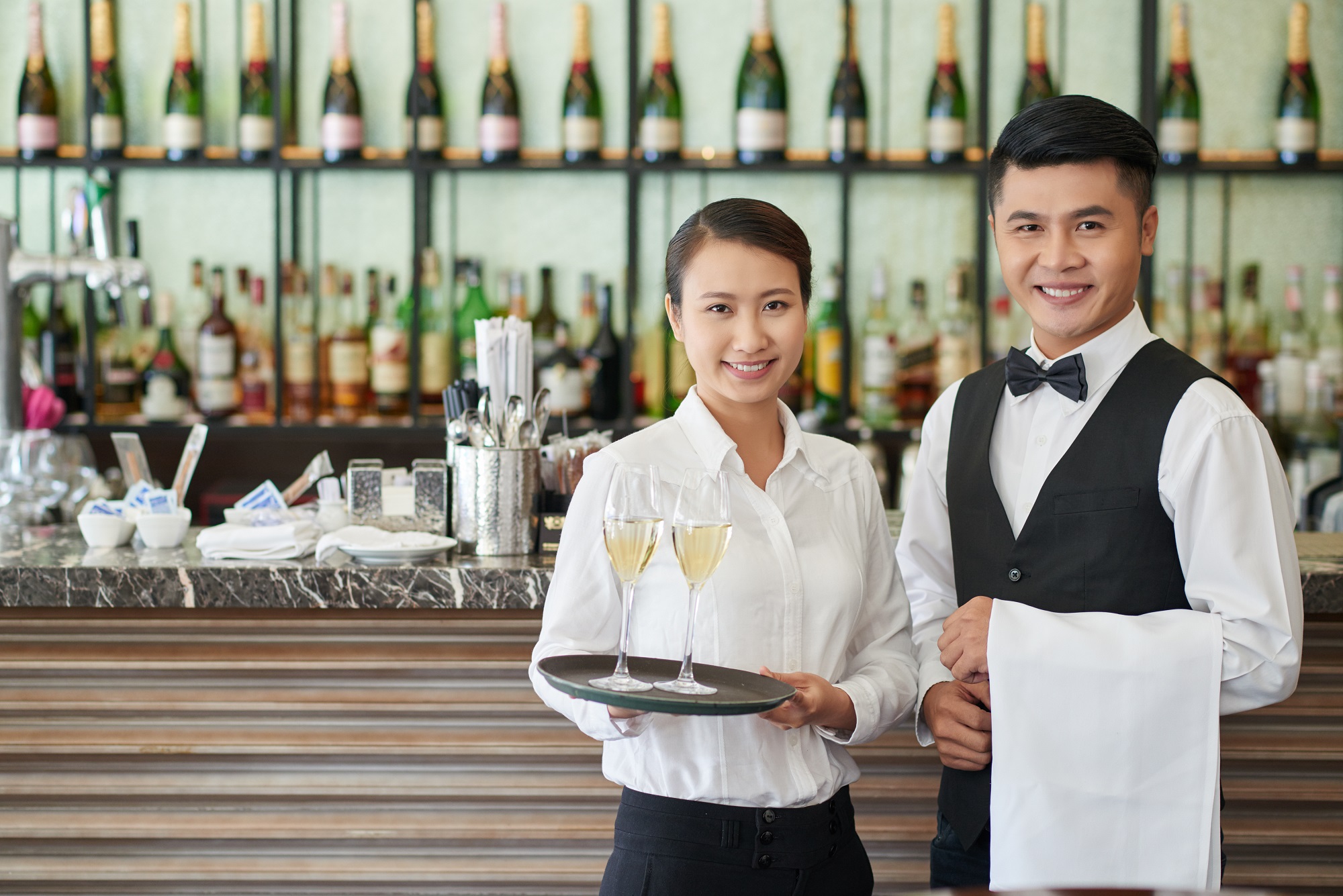Talking RSA with trainer George O’Keeffe

Talking RSA with trainer George O’Keeffe
If you’ve ever thought about working in the hospitality industry, then getting an RSA certification could be a great way to expand your job opportunities.
A Responsible Service of Alcohol (RSA) training qualification is legally required for anyone selling, offering, or serving liquor. The purpose of the RSA course is to teach you to serve alcohol responsibly and in compliance with relevant liquor legislation.
So, if you’re thinking about working at a bottle shop, bar, restaurant, special event, or night club you will need to do the RSA course.
We spoke to MSA Training and Professional Development’s Responsible Service of Alcohol (RSA) trainer George O’Keeffe about the evolution of RSA and how it’s used in the workplace.
George has extensive experience working as a trainer in Liquor Compliance and Responsible Service of Alcohol. Moreover, his experience with RSA dates back nearly 30 years ago to the origins of RSA Victoria itself, when he wrote the materials for the first iteration of the Victorian RSA course in 1992 while working at the Victorian Commission for Gambling and Liquor Regulation. In fact, Mr. RSA is what they used to call him.
Over the years, the course has transformed with the changing attitudes of the industry George says.
“When we first started in ‘92 the concept of responsible serving of alcohol was foreign to a lot of venues. A lot of the course initially was trying to convince people that they had these legal obligations. People are pretty much convinced of that argument now or at least most of the industry is. The focus now is more on how to get the staff to say no to somebody and how do we give them some of the skills to have those conversations. So, it became a bit more skills based to a degree today,” he said.
More specifically, during the RSA course you are taught:
- Liquor laws regarding intoxication and underage drinking
- Impacts of alcohol
- How to measure a standard drink
- Harm minimisation strategies
George says RSA skills come in handy because there are all sorts of situations you can expect to face while serving alcohol at a licensed premise, for example dealing with underage drinking matters.
“Staff in hospitality have legal obligations not to serve alcohol to persons under 18 years of age or persons who are intoxicated. So, RSA is about understanding and implementing those obligations. This may require them asking for ID before selling alcohol to someone and/or saying no to serving some customers,” he said.
The industry is varied, and different workplaces require different approaches, George explained.
“At a restaurant you probably haven’t got people coming in with the intention of getting drunk. It’s a tamer type of environment that is much easier to control— people are a lot more motivated to serve alcohol responsibly at a restaurant. Whereas at a nightclub you’ve got a younger crowd planning to get drunk and you’ve got to manage that situation. The lucky thing is that most places have security and those conversations would be handed over to security.”
“If it’s a wedding or something, someone’s buying everyone else’s booze and when you’re making the booking you’ve got to set some rules before they get into the room. You can’t manage it at 12 o’clock when the father of the bride passes out on the dance floor, you’ve got to put in steps when you’re doing the booking.”
More than just helping you get a job, RSA will teach you how to manage such workplace situations in a way that ensures everybody is safe, having a good time and that nobody gets fined.
Find out more about the Responsible Service of Alcohol Course here.
Check out the other MSA Training & Professional Development courses on our website.
Talking RSA with trainer George O’Keeffe – Written by Dinithi Perera – dinithiperera.wordpress.com